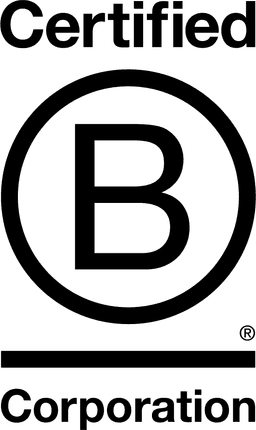

A to Z Wineworks, LLC

Oregon, United States
May 2014
Agicultural support/post-harvest
Agriculture/Growers
United States
A to Z LLC proudly brings together three celebrated Oregon wine brands—A to Z Wineworks, REX HILL, and Erath—under one umbrella, each rooted in place, distinct in personality, and nationally recognized for quality and sustainability. Together, we create the highest quality Oregon wines for the greatest sustainable value, blending commerce with conscience. We are proud that all our brands are certified B Corps, Silver Members of the International Wineries for Climate Action (IWCA) and are founding members of LIVE (for the winery and our estate vineyards). Working together, we can make a meaningful difference. Erath A true pioneer of Oregon wine, Erath has been crafting Pinot Noir since 1968. Founded by Dick Erath in the Dundee Hills, the brand helped put Oregon on the global wine map. Today, Erath continues to honor its legacy with elegant, food-friendly wines that celebrate the region’s terroir and pair beautifully with refined culinary moments. REX HILL Nestled at the gateway to Oregon’s Willamette Valley, REX HILL has been crafting elegant Pinot Noir and Chardonnay since 1982. Each bottle reflects the complexity of the region’s unique terroir and the winery’s dedication to sustainable luxury. A to Z Wineworks The first Oregon winery to become a certified B Corp, and th
Overall B Impact Score
Governance 15.1
Governance evaluates a company's overall mission, engagement around its social/environmental impact, ethics, and transparency. This section also evaluates the ability of a company to protect their mission and formally consider stakeholders in decision making through their corporate structure (e.g. benefit corporation) or corporate governing documents.
What is this? A company with an Impact Business Model is intentionally designed to create a specific positive outcome for one of its stakeholders - such as workers, community, environment, or customers.
Workers 22.0
Workers evaluates a company’s contributions to its employees’ financial security, health & safety, wellness, career development, and engagement & satisfaction. In addition, this section recognizes business models designed to benefit workers, such as companies that are at least 40% owned by non-executive employees and those that have workforce development programs to support individuals with barriers to employment.
Community 19.6
Community evaluates a company’s engagement with and impact on the communities in which it operates, hires from, and sources from. Topics include diversity, equity & inclusion, economic impact, civic engagement, charitable giving, and supply chain management. In addition, this section recognizes business models that are designed to address specific community-oriented problems, such as poverty alleviation through fair trade sourcing or distribution via microenterprises, producer cooperative models, locally focused economic development, and formal charitable giving commitments.
Environment 30.0
Environment evaluates a company’s overall environmental management practices as well as its impact on the air, climate, water, land, and biodiversity. This includes the direct impact of a company’s operations and, when applicable its supply chain and distribution channels. This section also recognizes companies with environmentally innovative production processes and those that sell products or services that have a positive environmental impact. Some examples might include products and services that create renewable energy, reduce consumption or waste, conserve land or wildlife, provide less toxic alternatives to the market, or educate people about environmental problems.
Customers 0.9
Customers evaluates a company’s stewardship of its customers through the quality of its products and services, ethical marketing, data privacy and security, and feedback channels. In addition, this section recognizes products or services that are designed to address a particular social problem for or through its customers, such as health or educational products, arts & media products, serving underserved customers/clients, and services that improve the social impact of other businesses or organizations.